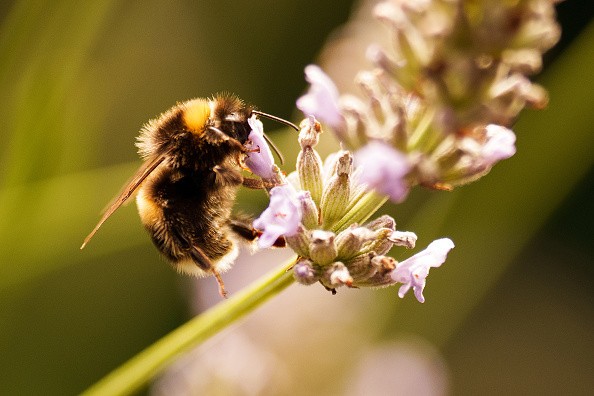A recent study about bees showed that the lifespan of bees was 50% shorter than in the 1970s.
The short lifespan of honey bees could result in colony loss and reduced honey production for beekeepers.
The researcher conducted the study in which honey bees were said to be in a controlled and confined laboratory environment, revealing a worrying concern for scientists and urgent scientific study.

Honeybees are crucial in the process of pollination of flowers, vegetables, fruits and in the forest. The National Geographic explained that honeybees are vital for the growth of plants and flowers.
However, National Geographic explained that bees have suffered from the threat of colony loss, which resulted in leaving their hives.
Decline of lifespan
The decline in the lifespan of bees could impact beekeepers in the United States, including the production of honey. The study noted that beekeepers reported loss rates from beekeeping.
As a result, entomologists from the University of Maryland looked into the lifespan of individual bees, considering the environmental stressor, nutrition and diseases that bees might have experienced.
The study was published in the Scientific Reports journal and can be read on the Phys.org website.
The research would be the first to study the decline in the lifespan of honey bees.
On the other hand, the researcher also considered that their lab and honeybees could have suffered from pesticides.
However, the researchers claimed that other insects showed to have longevity, while bees did not show any exposure symptoms.
The study's lead author, Anthony Nearman, explained that they noticed the decline of the honeybees when he was studying entomology in a laboratory.
When Nearman was observing the caged bees, he found that the median lifespan of bees reduced to half, unlike the same experiments in the 1970s.
Nearman is also studying Ph.D. in the Department of Entomology.
With this in mind, the study's lead looked into the laboratory studies of bees for over 50 years. The research explained that records revealed reduced lifespan in an environment could also happen in different environments.
The study explained that part of the research is to investigate and compare the honey bees' lifespan in other territories in the United States or other countries, which could reveal a potential difference in the bees' lifespan.
The crucial role of bees
Bees have been important in pollination. According to the UN Environment Programme, bees help in providing food and livelihood in rural areas.
The UN added that bees play a crucial role in food security as the main driver in pollinating plants, vegetables and flowers.
As mentioned, bees are also threatened by human-caused effects, including the use of pesticides and air pollution.
While the research investigated the reduced lifespan of bees, the report revealed bees suffered from a decline globally due to pesticides, habitat loss and climate change.
Meanwhile, the report added that air pollution could also affect bees finding sources of food and the pollination process.
Air pollution has been shown to make bees infective in the pollination process.
For more similar, don't forget to follow Nature World News.
© 2025 NatureWorldNews.com All rights reserved. Do not reproduce without permission.





